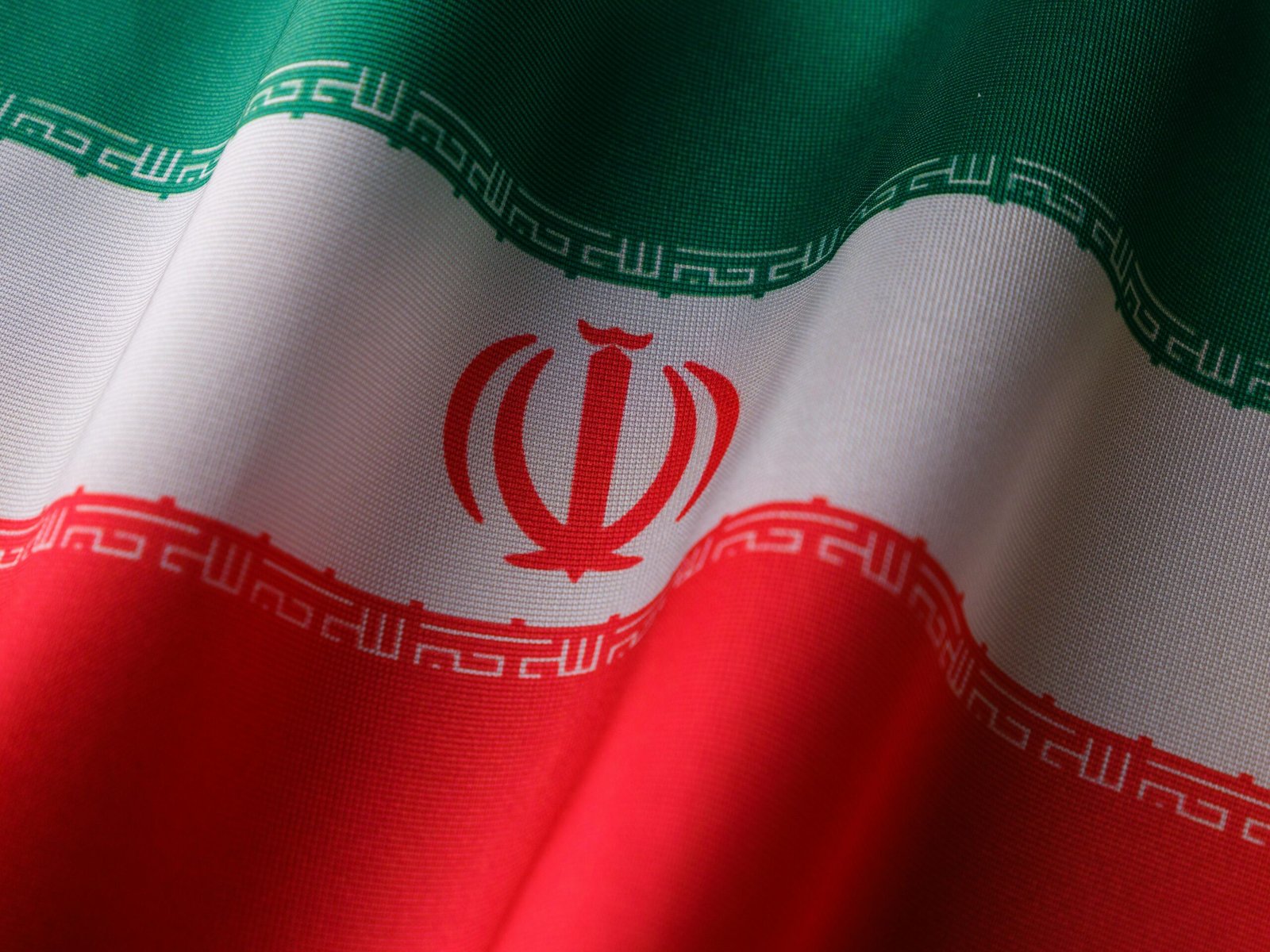- Iran is set to hold nuclear talks with France, the UK, and Germany in Geneva on January 13, 2025.
- The talks follow Iran’s plans to install more uranium-enriching centrifuges, causing concern among European countries.
- Iran has been accused of increasing its uranium stockpile to “unprecedented levels” without “any credible civilian justification”.
- The outcome of these talks could shape the future of Iran’s nuclear program and its relations with the international community.
The upcoming year will witness a significant diplomatic event as Iran is set to hold the next round of nuclear talks with France, the United Kingdom, and Germany. The meeting is scheduled to take place in Geneva on January 13, 2025. This information was reported by Iran’s semi-official ISNA news agency, quoting the country’s Deputy Foreign Minister Kazem Gharibabadi.
The forthcoming talks are a continuation of a series of discussions held in November 2024. These discussions were the first of their kind since the U.S. presidential election. The November talks were initiated after Tehran expressed its displeasure over a Europe-backed resolution accusing Iran of poor cooperation with the United Nations nuclear watchdog.
In response to the resolution, Iran informed the International Atomic Energy Agency (IAEA) of its plans to install more uranium-enriching centrifuges at its enrichment plants.
Iran’s Nuclear Program: A Cause for Concern
On December 17, 2024, the three European countries accused Iran of increasing its stockpile of high-enriched uranium to “unprecedented levels” without “any credible civilian justification”. They also hinted at the possibility of restoring sanctions against Iran to prevent it from further developing its nuclear programme.
IAEA chief Rafael Grossi, in an interview with Reuters in December, stated that Iran was “dramatically” accelerating its enrichment of uranium to up to 60 percent purity, a level closer to the roughly 90 percent that is weapons grade. This development is a significant concern, given that in 2015, Iran had reached an agreement with world powers, including the U.S., to curb its nuclear programme due to fears about the country potentially developing nuclear weapons.
However, in 2018, the then administration of Donald Trump exited Iran’s 2015 nuclear pact with six major powers and reimposed harsh sanctions on Iran. This move prompted Tehran to violate the pact’s nuclear limits, with actions such as rebuilding stockpiles of enriched uranium, refining it to higher fissile purity, and installing advanced centrifuges to speed up output.
The Road Ahead: Talks and Tensions
Indirect talks between the current U.S. administration under President Joe Biden and Tehran to revive the pact have so far been unsuccessful. However, during his election campaign in September, Trump stated, “We have to make a deal, because the consequences are impossible. We have to make a deal.”
The upcoming talks on January 13 will take place one week before Trump’s return to the White House. This timing is significant and could potentially influence the outcome of the discussions.
In the past, Iran has held talks with the three European powers on the sidelines of the annual session of the UN General Assembly in New York. The country has also expressed its commitment to continue its “technical and safeguards cooperation with the IAEA”. Iranian President Masoud Pezeshkian, who has been in power since July and supports dialogue with Western countries, has stated his intention to remove “doubts and ambiguities” about his country’s nuclear programme.

